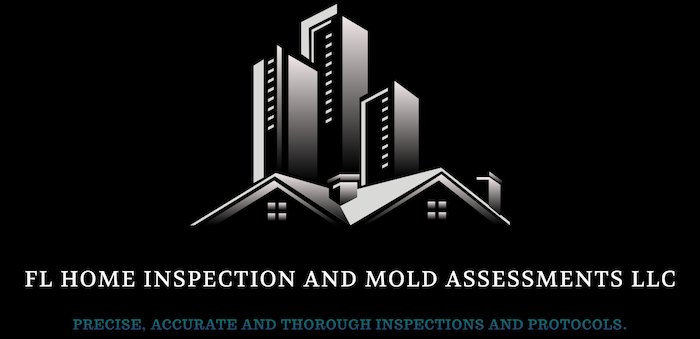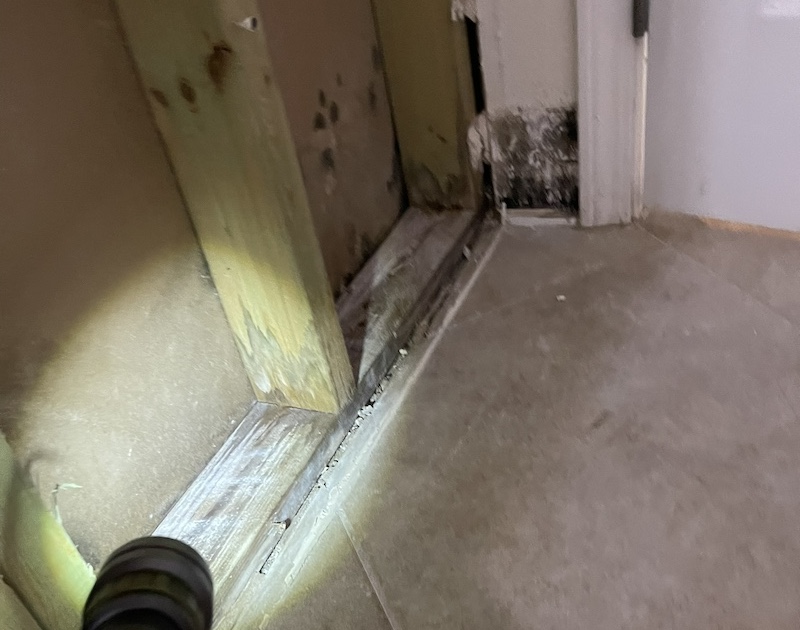The Risks of Mold in Florida’s Humid Climate
Living in Florida requires managing high humidity levels, which can, unfortunately create ideal conditions for mold growth in homes and offices. Residents should understand the health risks associated with indoor mold and how to effectively manage and mitigate its presence.
What is Mold?
Mold is a type of fungus that reproduces through the release of spores. These spores can thrive on any organic material, but they love moist environments, making Florida homes particularly susceptible. Mold can grow on walls, ceilings, carpets, furniture, and even in HVAC systems, often hidden from plain view.
Health Effects of Mold Exposure
Mold exposure can lead to various health issues, particularly those with respiratory conditions, allergies, or compromised immune systems. Common health effects include:
- Respiratory Problems: Mold can cause coughing, wheezing, and shortness of breath. People with asthma or chronic lung diseases may experience exacerbated symptoms.
- Allergic Reactions: Mold exposure can trigger allergic reactions in sensitive individuals. Symptoms include sneezing, runny nose, red eyes, and skin rash (dermatitis).
- Immune System Impact: For people with weakened immune systems, mold can lead to more serious infections.
- Toxic Effects: Certain molds produce mycotoxins that can be toxic to humans and animals. Exposure to high levels of mycotoxins can lead to neurological problems and in severe cases, death.
Prevalent Mold Types in Florida
- Aspergillus: Commonly found in air conditioning systems and damp areas, it can cause allergic reactions and respiratory infections.
- Cladosporium: Typically found on fabrics and wood surfaces, it can trigger asthma and allergic reactions.
- Stachybotrys chartarum (Black Mold): This mold is particularly dangerous and can cause severe health issues. It is known for producing mycotoxins.
Mold Prevention Tips
To prevent mold growth in your Florida home, consider the following tips:
- Control Humidity Levels: Use dehumidifiers and air conditioners to keep humidity levels in check.
Ensure Good Ventilation: Use exhaust fans in bathrooms, kitchens, and laundry rooms. - Fix Leaks: Repair leaks in your home’s roof, walls, or plumbing to prevent moisture accumulation.
- Regular Cleaning: Keep your home clean and dry. Regularly clean and vacuum to remove potential mold sources like dust and debris.
What to Do if You Suspect Mold
If you suspect that your home has a mold problem:
- Inspect Your Home: Look for visible mold growth or water damage signs.
- Hire Professionals: Consider hiring a professional mold inspection service to assess your home and identify potential mold issues.
- Remediation: If mold is found, it is advisable to have it removed by certified mold remediation specialists to ensure it is handled safely and effectively.
Stay Informed and Safe
Understanding the risks and preventative measures associated with mold can help Florida residents maintain a healthy living environment. If you suspect mold growth in your home, taking immediate action is crucial to prevent health problems and structural damage.
Contact FL Home Inspections and Mold Assessments for more information on mold prevention and remediation. Our team is equipped with the knowledge and tools to help keep your indoor environment safe and mold-free.

